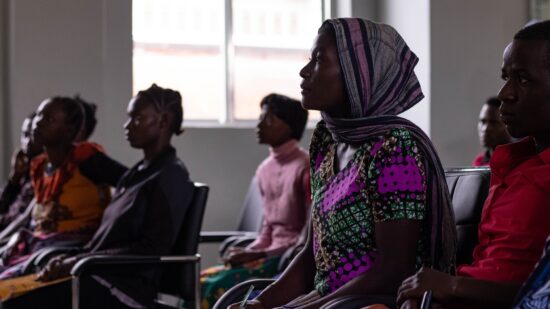Addressing Antibiotic use: insights from social science around the world
Antimicrobial resistance (AMR) is a major threat to global health and economies, the harmful effects of which are disproportionately experienced by those living in Low- and Middle-Income Countries (LMICs). Tackling this complex problem requires multidisciplinary and multisectoral responses. In the last few years, there has been a growing acknowledgement of the vital role of social science in understanding and intervening on antibiotic use, a key driver of AMR. Existing reviews summarise evidence of specific aspects of antibiotic use and specific intervention types. The growing concern that our off-the-shelf toolkit for addressing antibiotic use is insufficient in the face of rising use across humans, animals and plants, requires that we take a fresh look at the ways we are understanding this problem and possibilities for solutions. The ambition of this report is to provide a timely intervention into this global debate, by formulating a conceptual map of the insights from the growing body of social science research on addressing antibiotic use conducted in a diverse range of economic, social, and health system settings around the world.
A series of panel presentations and discussions was held in 2020 with leading social scientists working on antibiotic use in different settings. Analysis of the proceedings of these panels, together with a literature
review which snowballed from the work of the 76 researchers profiled through the antimicrobialsinsociety.org community of practice, led to a grouping of the key points of entry for recommendations to act on
antibiotic use.
AMR NEWS
Your Biweekly Source for Global AMR Insights!
Stay informed with the essential newsletter that brings together all the latest One Health news on antimicrobial resistance. Delivered straight to your inbox every two weeks, AMR NEWS provides a curated selection of international insights, key publications, and the latest updates in the fight against AMR.
Don’t miss out on staying ahead in the global AMR movement—subscribe now!







